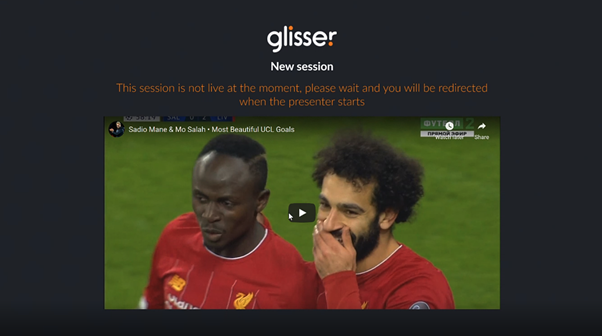Hybrid events have seen a 101% increase in annual corporate spend this year, followed closely by in-person events (up by 83%), according to an annual benchmarking study produced by ICE (In-house Corporate Events).
The study, which surveyed 51 in-house corporate event planners between July and September 2022, found that annual spend on hybrid events has risen from just over £1 million in 2021 to £2.1 million this year.
Spend on in-person corporate events has risen from £2.6 million last year to a whopping £4.8 million in 2022. Virtual event spend has increased by 7% to £1.5 million.
While increased spend can be attributed to the full return of live/in-person events to marketing and communications programmes, it is also likely that inflation and the increased cost of event organizing has had a significant impact on event spend in 2022.
In-house planners reported rises of between 20 and 40% across five supply-chain areas.
On average, event planners have seen the biggest increase in catering costs, with a third of respondents saying their F&B costs have risen by 40 - 60% compared to pre-Covid years.
For accommodation, venue and production, over half of the planners surveyed say their costs have gone up by 20 - 40%. At the same time, one in five respondents are experiencing an increase between 40 and 60% in their travel costs.
However, as supply-chain prices escalate, in-house resources and average salaries appear to be growing in tandem.-1-width-700-height-366-name-2022 Webinars LinkedIn 1200x627 (2)-1.png.png) Anita Howard, CEO and Founder of ICE discussed the findings from the 2022 edition of the association’s annual benchmarking study with Glisser’s Mike Piddock during a recent webinar entitled ‘A Look Ahead to 2023: The Trend Towards Digitally Enabled Events’. Watch it on demand now.
Anita Howard, CEO and Founder of ICE discussed the findings from the 2022 edition of the association’s annual benchmarking study with Glisser’s Mike Piddock during a recent webinar entitled ‘A Look Ahead to 2023: The Trend Towards Digitally Enabled Events’. Watch it on demand now.
In 2021, there was a predictable, yet noticeable decline in the average size of respondents’ event teams to 16-17 members (from 18-19 in 2020). This year, they have rebounded with the average size of corporate in-house event teams growing to 19-20 people.
Moreover, in the past 12 months the majority of respondents (57%) stated that their pay had increased as well. The most commonly cited reasons were performance-related and routine company-wide pay reviews.
Interestingly, Head of Events at a blue-chip corporation now earns approximately £79,440 per year. Event Directors are on around £61,880, Event Managers are paid about £47,780 and Event Executives get £39,000 per year on average.
As part of each year’s ICE study, respondents are also asked to name their biggest challenges.
Measuring event performance (51%), sustainability (59%) and ensuring the consistency of the brand across events (41%) have emerged as this year’s top challenges.
Identifying new technology (37%) is also still a challenge that is top of mind for planners, as well as equality, diversity and inclusion (37%).
Compared to the research findings in 2021, there has finally been a notable increase in the proportion of respondents measuring the impact of their events on future behaviour. This has risen by 27% this year, accounting for why it is now being more readily expressed as a challenge.
Event planners are also now measuring impact on sales (+11%), leads (+10%) and the internal cost (+3%) of an events programme.
Over half of respondents said they use event data to decide whether to continue a particular event, make a business case for future budgets, assess how to improve their overall event strategy, and develop future content.
With rising costs and increased event spend, it is perhaps unsurprising that planners are using more data points to help them make more strategic decisions about the events they continue investing in, their overall strategy, future content, and also to justify future budgets.
However, a quarter of event planners surveyed felt they were not getting enough data from virtual events and this proportion rose to 29% for hybrid events. This is just one area premium platforms like Glisser can certainly help with.
Anita Howard, CEO and Founder of ICE discussed the findings from the 2022 edition of the association’s annual benchmarking study with Glisser’s Mike Piddock during a recent webinar entitled ‘A Look Ahead to 2023: The Trend Towards Digitally Enabled Events’. To listen to the conversation on-demand, visit our webinar page.
Book a Glisser platform demo at www.glisser.com/discover.





-1.png)
.png)

